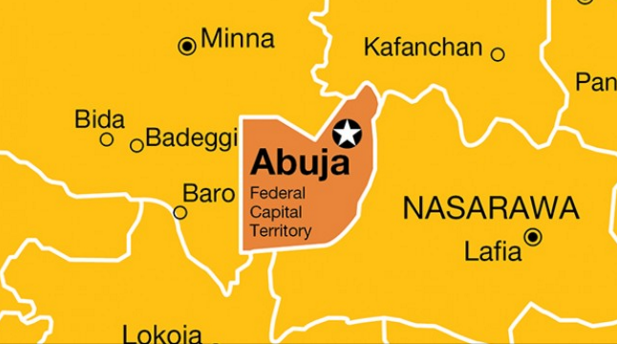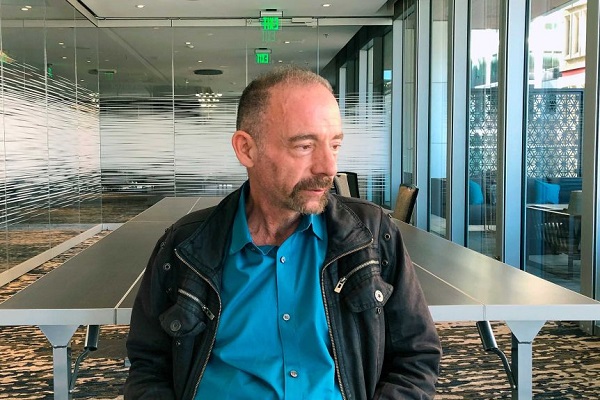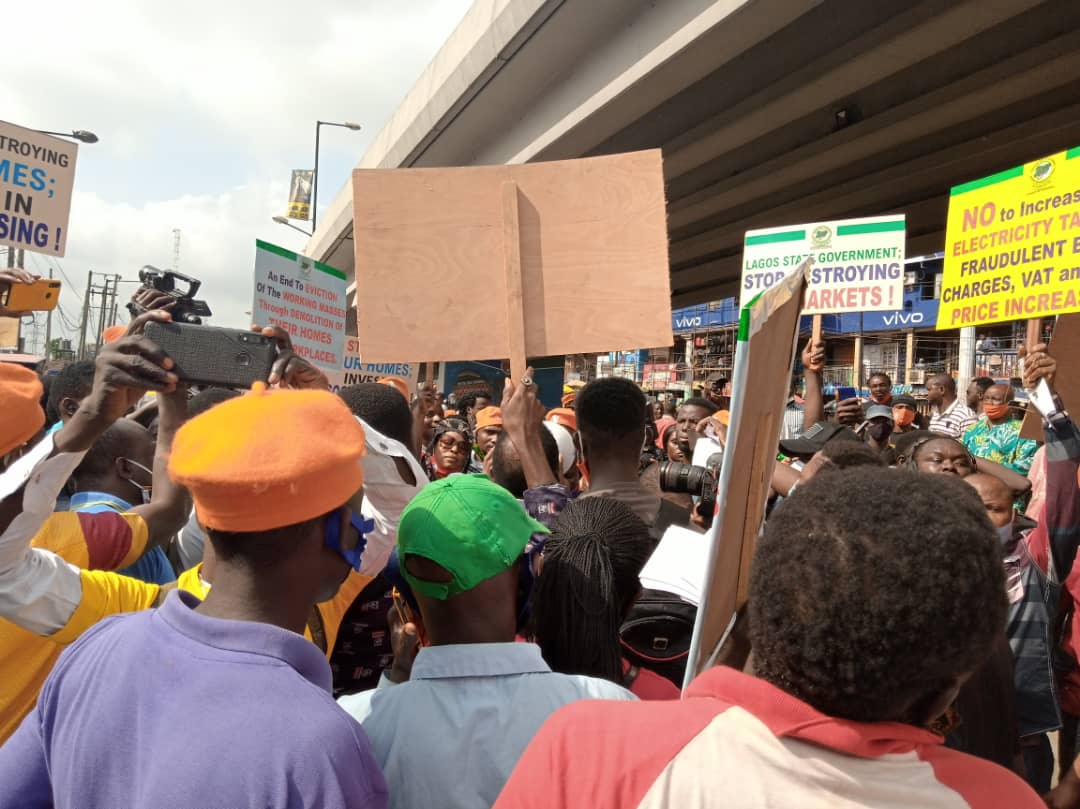The Rule of Law and Empowerment Initiative, also known as Partners West Africa Nigeria (PWAN), a non-governmental organisation (NGO), says many public schools in the federal capital territory (FCT) do not have provisions for pupils with special needs.
The NGO said it visited 85 local education authority (LEA) primary schools in the Abuja Municipal Area Council (AMAC), and 72 in Bwari area council during an assessment. AMAC is home to the Aso Rock presidential villa, the country’s seat of power.
In a report entitled ‘Assessment of Abuja Municipal Area Council (AMAC) Service Delivery on Education, Health and Environmental Sanitation’, which was launched on Wednesday, PWAN said the schools that had special needs pupils do not have qualified teachers.
“The observers found that the LEA do not operate an integrated educational system. 91.3% of the schools do not have provisions for Special Education Needs students structurally and this extends to learning and educational tools that are available, among other things,” the report read.
Advertisement
“Only 8.8% of the schools have provisions for Special Education Needs students. 61.6% of the schools do not have Special Education Needs students enrolled, while 38.4% of the schools have Special Education Needs students enrolled. 95.1% of the schools do not have classes for special needs students while 4.9% of the schools have classes for special needs students.
“In 91.4% of the schools, there are no Special Education Needs units or coordinators available, 8.1% of the schools have Special Education Needs units or coordinators available, while 0.5% of the schools may or may not have Special Education Needs units or coordinators available.”
In the case of Bwari area council, PWAN said 89.2 percent of the schools visited do not have provisions for those with special needs.
Advertisement
Speaking with journalists, ‘Kemi Okenyodo, executive director of PWAN, said local authorities need to do better to improve the welfare of citizens.
“A lot of people will put responsibility on state and on the national level, but nobody ever asks what is the responsibility of local governments and for the purpose of FCT, area councils,” she said.
“When there are elections, you will see more people turn out for gubernatorial, state level elections and national level elections. They do not identify with local governments because they do not know that the services that touch them directly, it is where it is being carried out; that is the level where engagement and accountability needs to be stronger.”
The executive director said the residents of the affected area councils need to be sensitised “because this is the level of government close to you and provide services for you”.
Advertisement
Okenyodo added that primary healthcare centres (PHCs) in the nation’s capital were somewhat effective in terms of service delivery.
“When you talk about maternal health, they are effective. When you go a step further and you are talking about child care, they are not so effective,” she said.
“So the question you ask is that why is there effectiveness on routine immunisation and maternal health? Could it be the engagement of development partners that has gotten to that level, that we are seeing the impact of it? So if we say there are no development partners on child care and other areas, we won’t do anything?”
Advertisement
Add a comment







